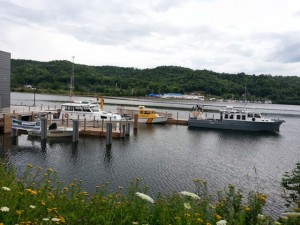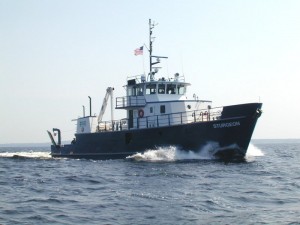Aparupa Sengupta, a PhD student in biological sciences, took third place for her oral presentation “Using a Biological Remediation System to Address Antibiotic Contamination in Aquatic Sources” at the International Conference on Medical Geology Annual Meeting 2013, held Aug. 25-29 in Arlington, Va. She was selected from among 30-35 student presenters from around the world. Sengupta received a certificate, a book and $100 prize. Her coauthors were Adjunct Professor Dibyendu Sarkar and her advisors, Professor Emerita Susan Bagley and Associate Professor Rupali Datta (Bio Sci).
From 9 September Tech Today





 by Travis Gendron, student intern, Tech Today, June 3, 2013
by Travis Gendron, student intern, Tech Today, June 3, 2013
 The Graduate School is pleased to announce that two students have earned fellowships from The DeVlieg Foundation. The DeVlieg Foundation has generously provided support for graduate students pursuing research in engineering, wildlife and biology at Michigan Tech.
The Graduate School is pleased to announce that two students have earned fellowships from The DeVlieg Foundation. The DeVlieg Foundation has generously provided support for graduate students pursuing research in engineering, wildlife and biology at Michigan Tech.